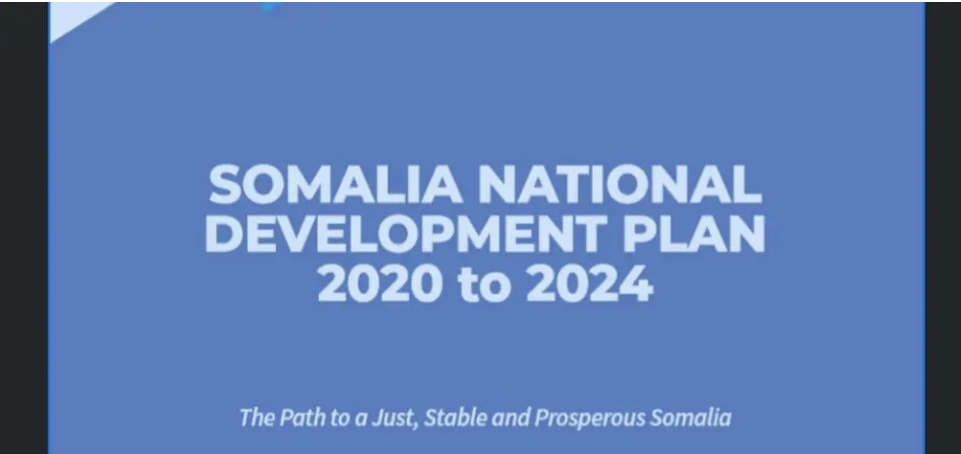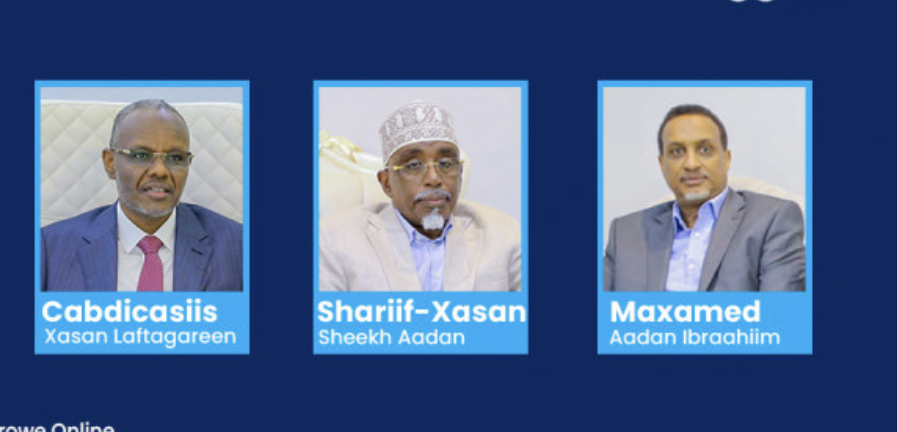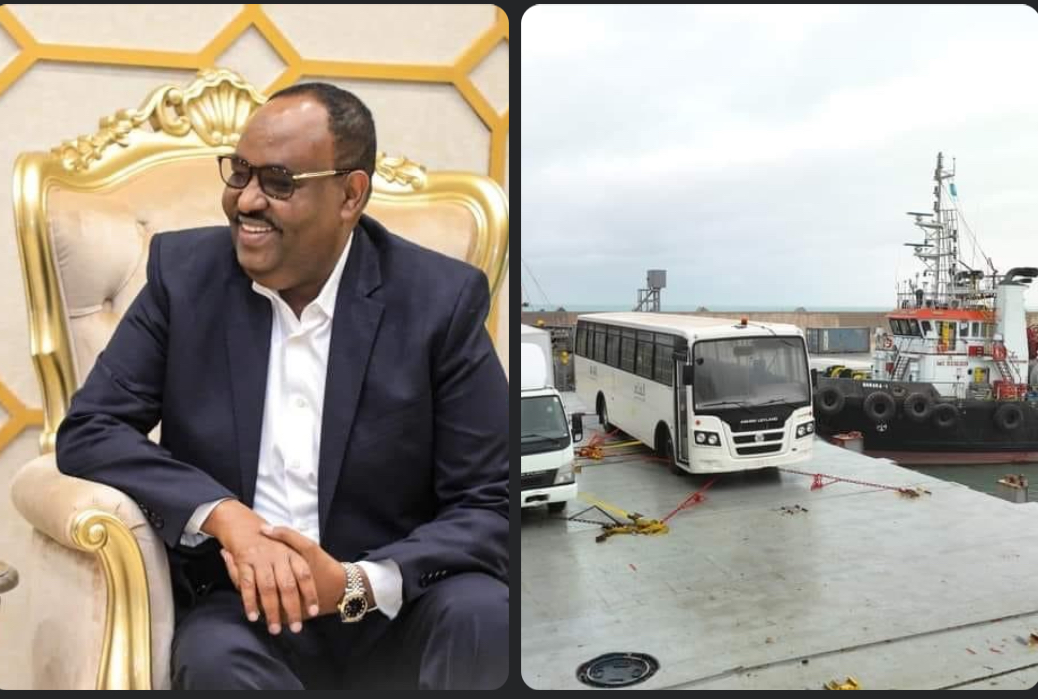Share the post "HOW CAN THE FGS ADDRESS “OWNERSHIP AND FINANCING LIMITATIONS” IN NDP9?"
The Federal Government of Somalia (FGS) developed the 9th National Development Plan (NDP-9) for 2020-2024. This five-year strategy covers four main pillars-
- Inclusive and Accountable politics
- Improved security and the rule of law
- Inclusive economic growth
- Improved social and human development
The strategy has two limitations that affect its success.
Financial Limitation
According to the strategy, the FGS can only finance recurrent expenditures and has no room for development project financing. The strategy adds that although the FGS is in need of finding alternative source of financing to supplement strategy implementation, yet the only sources for consideration is the off-budget development expenditures by the development partners.
One major solution to the funding gap is the use of “Islamic social finance”. Islamic social finance incorporates the Zakat, Waqf and Charity (Sadaqa) that can provide not only financial solution but also eliminate socio-anomie (erosion of principles and values of community). The latest data from Islamic Development Bank (IsDB) estimates annual zakat collection of over 500 billion. Private sector is also contributing much in donations (Waqf) and charity (Sadaqa). Zakat is paid annually to 8 categories of people mentioned in the Quran- the poor and the needy- are the most deserved people. If the FGS can establish an independent national Zakat committee for the management and planning of the Zakat, this would have at least lessened or eliminated the poverty in the country. Historically, Zakat proved to completely eliminate poverty during the reigns of Khalif Umar bn Khadab and the 5th Khalif Umar II. It was to such an extent that there was no one to receive Zakat.
Incorporating the NDP-9 strategy with “Islamic social finance” can address poverty, insecurity, environmental crisis, inequality, and unemployment. Among the recipient of Zakat is the zakat collector- this creates job for the unemployed youths thus lessening unemployment and insecurity in the country. Under Zakat system, money is paid by the rich to the poor- this decreases socio-political crisis and inequality. It also reduces environmental degradation as families can obtain affordable energy for household activities such as cooking gas instead of charcoal or firewood.
Ownership Limitation
Under the implementation principles of the NDP-9, the second principle states “implementation will preserve national ownership and be commensurate with government capacities”. The statement here specifically addresses the Development Partners (DPs). For the FGS to align national ownership in its strategy, the strategy should contain components that ensure the application of the socio-economic developments enshrined in the values and beliefs of the citizens (Islamic values that address socio-economic development). One of such socio-economic development is the addition of Zakat in the national development plan. This is the least the plan can have local acceptance.




